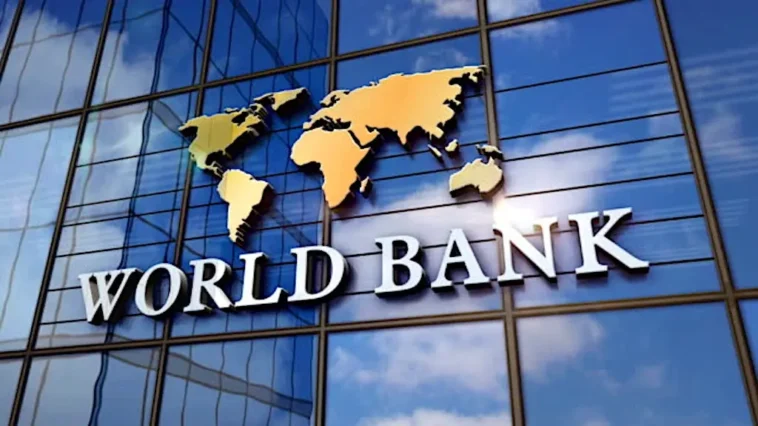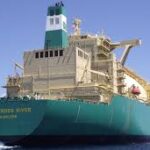The World Bank has commended the Minister of Marine and Blue Economy, Adegboyega Oyetola, for his leadership and bold steps taken to reposition the maritime industry.
The leader of the World Bank team, Gladys Fajomu, assured that the Bretton Woods institution would continue to support Nigeria’s marine and blue economy ambitions through technical assistance, capacity building and financing options for strategic projects.
Fajomu, who led Ms. Yolanda Monteo and Dr. Felicia Mogo to the ministry’s headquarters in Abuja, also held focus group discussions with senior officials of the ministry to identify priority areas for collaboration, particularly in policy implementation, infrastructure development, and private sector engagement.
With the new policy framework, international backing and clear ministerial priorities, she explained that Nigeria’s marine and blue economy was set for a transformative leap, promising to boost economic diversification, enhance environmental stewardship, and deliver tangible benefits to millions of Nigerians.
Also, Oyetola reaffirmed Nigeria’s readiness to fully harness the vast potential of its marine and blue economy, describing the sector as a catalyst for sustainable national economic growth.
The Minister said that Nigeria was on the right path to unlocking the immense economic opportunities of its oceans, seas, rivers, and coastal resources, following the recent approval of the National Policy on Marine and Blue Economy by the Federal Executive Council.
Oyetola added, “This policy is historic. It is the first of its kind, and it provides a comprehensive framework for sustainable exploitation, conservation, and governance of our marine and coastal assets. It will drive wealth creation, generate jobs, enhance food security, and position Nigeria as a leader in Africa’s emerging blue economy space.
“Our goal is not just to explore the waters, but to manage them responsibly, ensuring that the benefits extend to every Nigerian, now and for generations to come.”
The minister also revealed that his Ministry is implementing targeted programmes to drastically reduce Nigeria’s dependence on fish importation.
Oyetola added, “We cannot continue to import what we have the capacity to produce locally. We are aggressively boosting local fish production by supporting aquaculture development, improving artisanal fishing methods, and expanding fish farming clusters across the country.
“This will not only save our foreign exchange but will also create thousands of jobs for our people, especially in coastal and riverine communities.
“We are designing initiatives that will give our young people and women the tools, skills, and access they need to play leading roles in the marine economy. This is not just about economic growth; it’s about social empowerment and equitable development.”
Oyetola further pledged to increase youth and women participation in the sector, noting that inclusive growth is essential to the success of the policy.





